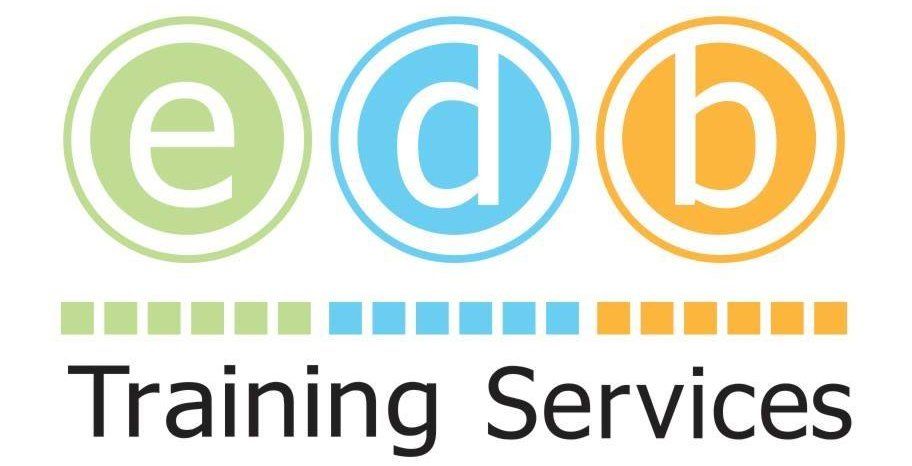White CardCourse Near Rochedale
Book Now
White Card Course
About the Course
- Provide 3 forms of identification, for eg. Driver licence, medicare card and we can sight a bank card.
- Have a basic understanding of the English language
- Be over 13 years of age
Trainers
Contact Info:
White Card Training Course Near Rochedale
Why is EDB Training Services the Leading Choice for a White Card near Rochedale?
In the heart of the bustling construction scene in Rochedale, Brisbane, the journey to secure a White Card becomes a crucial step for those venturing into the construction industry. Among the various training options, EDB Training Services emerges as the unrivalled choice.
Interactive Learning Experience
EDB goes beyond traditional classroom settings. Their training programs are highly interactive, incorporating hands-on exercises and simulations. This interactive learning experience ensures that participants are actively engaged, fostering a deeper understanding of safety concepts and their practical application in Rochedale's dynamic construction environment.
Community Engagement and Local Collaboration
EDB Training Services actively engages with the local Rochedale community and collaborates with construction companies operating in the area. This community-centric approach ensures that the training remains attuned to the specific needs and challenges of Rochedale's construction sector. Partnerships with local entities create a collaborative environment that enhances the overall safety culture.
Real-World Scenario Simulations
Practical application is a cornerstone of EDB's training philosophy. Participants engage in real-world scenario simulations, mirroring actual construction site conditions. This hands-on approach ensures that individuals are not only equipped with theoretical knowledge but are also ready to apply safety measures effectively in Rochedale's ever-changing construction landscape.
Flexibility and Convenience
EDB Training Services understands the importance of flexibility and convenience for participants. The training programs are designed to accommodate various schedules, allowing individuals in Rochedale to undergo White Card training without unnecessary disruptions to their work or personal commitments.
National Recognition and Compliance
EDB Training Services adheres to national standards, and the White Card obtained through their programs is nationally recognised. This recognition ensures that graduates can seamlessly transition into construction projects beyond Rochedale, offering them a credential that aligns with national industry standards and regulations.
Continuous Improvement and Participant Feedback
EDB Training Services establishes a continuous improvement cycle that values participant feedback. This open dialogue ensures that the training remains responsive to industry changes, participant needs, and emerging safety concerns specific to Rochedale. The commitment to ongoing improvement reinforces the relevance and effectiveness of EDB's White Card training.
The choice of EDB Training Services for gaining a White Card in Rochedale, Brisbane, is driven by a combination of evidence-based excellence, interactive learning experiences, tailored local dynamics, cutting-edge technology integration, commitment to sustainability, community engagement, practical scenario simulations, flexibility, national recognition, and a dedication to continuous improvement. EDB stands as a beacon for those seeking not only regulatory compliance but also a comprehensive and forward-looking approach to construction safety in Rochedale's vibrant construction landscape.
Who is required to hold a White Card in Queensland?
In Queensland, the requirement to hold a White Card is a fundamental aspect of occupational health and safety regulations within the construction industry. The White Card, formally known as the Construction Induction Card, is mandatory for all individuals involved in construction work or entering construction sites. The legislation governing this requirement is primarily outlined in the Work Health and Safety Act 2011 and the Work Health and Safety Regulation 2011. These regulations serve as a comprehensive framework to ensure the health and safety of individuals working within the construction sector.
The mandate to hold a White Card is broad and applies to a diverse range of individuals engaged in various capacities within the construction industry. Primarily, it encompasses workers, supervisors, and managers involved in construction activities, including residential, commercial, civil, and industrial projects. This inclusivity is critical to fostering a universal commitment to safety across the construction sector, regardless of the scale or nature of the construction project.
Where Can I Work with a White Card?
Specifically, workers who are required to hold a White Card include those involved in tasks such as excavation, building, assembling, altering, repairing, installing, commissioning, maintaining, decommissioning, and dismantling structures or components of structures. This encompasses a wide spectrum of construction-related activities, ranging from hands-on labour to supervisory and managerial roles overseeing construction projects.
Supervisors and managers within the construction industry are also obligated to obtain a White Card. This requirement ensures that those overseeing construction activities possess a comprehensive understanding of safety protocols, enabling them to effectively manage and enforce safety measures on construction sites. Supervisors and managers play a pivotal role in setting the tone for safety culture within construction teams, making their White Card certification a cornerstone of responsible leadership in the industry.
Who Needs a White Card?
The requirement extends not only to individuals directly involved in construction work but also to other professionals and tradespeople who may need to access construction sites for various reasons. This includes architects, surveyors, engineers, inspectors, and anyone else whose duties may bring them onto a construction site. By encompassing a broad range of professionals, the White Card mandate aims to create a unified and consistent approach to construction safety, recognising that the collaborative efforts of various stakeholders contribute to a safer working environment.
Furthermore, the obligation to hold a White Card is not limited by employment status. It applies equally to employees, contractors, subcontractors, apprentices, and even volunteers engaged in construction work. This inclusivity ensures that all individuals contributing to construction projects, regardless of their contractual relationship or employment arrangement, undergo the necessary safety training and possess the foundational knowledge to navigate construction sites safely.
Why Do I Need a White Card?
The White Card requirement aligns with the overarching goal of promoting a culture of safety within the Queensland construction industry. By ensuring that everyone involved in construction work undergoes standardised safety training, the legislation aims to reduce the risk of accidents, injuries, and fatalities on construction sites. The White Card serves as tangible proof that an individual has completed the requisite training, demonstrating their commitment to adhering to safety standards and contributing to a safer work environment.
The mandate to hold a White Card in Queensland is comprehensive, encompassing a wide range of individuals involved in construction work. Workers, supervisors, managers, professionals, and even volunteers engaging in construction activities are required to obtain the White Card certification. This inclusivity reflects a commitment to fostering a universal culture of safety within the construction industry, ensuring that everyone entering construction sites possesses the foundational knowledge to mitigate risks and contribute to a safer and healthier workplace. The White Card mandate is a cornerstone of Queensland's commitment to upholding the highest standards of occupational health and safety in the dynamic and diverse construction sector.





